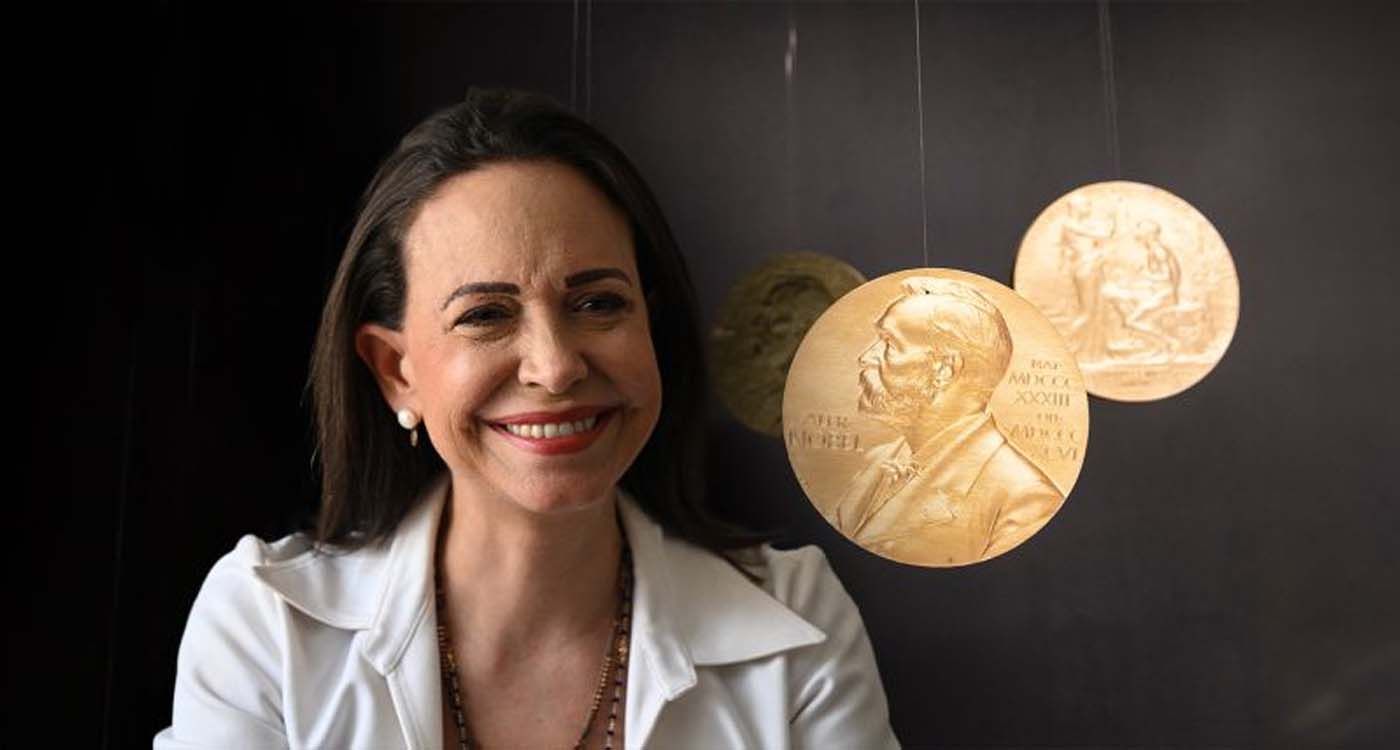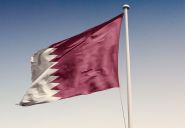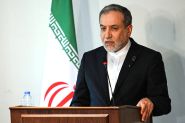- Home
- Middle East
- María Corina Machado Wins the 2025 Nobel Peace Prize

©This is Beirut
If people had been placing bets, many would have wagered on Trump. But the 2025 Nobel Peace Prize went to María Corina Machado, a woman whose actions have at times suggested a certain closeness to “American support,” without ever crossing into rigid Trumpism. Earlier this year, she both surprised and intrigued observers when she welcomed the US president’s decision to revoke Venezuela’s oil licenses. On Friday, October 10, however, it was her peaceful struggle for Venezuelan democracy that the Nobel Committee chose to honor.
At 58, María Corina Machado became the first Venezuelan woman to receive the Nobel Peace Prize. The announcement from Oslo recognizes her steadfast and nonviolent fight for democracy in a country where opposing the government carries great risk.
Born in Caracas in 1967, she is an industrial engineer and a graduate of the Andrés Bello Catholic University. She rose to prominence in the early 2000s after founding, with Alejandro Plaz, the civic organization Súmate, which monitors elections and promotes voting transparency. Former President Hugo Chávez quickly saw the group as a threat. The NGO faced legal challenges and threats against its members, but Machado chose to stay in Venezuela.
Elected as a member of parliament in 2010, she served only briefly before being expelled for addressing the Organization of American States. In 2012, she founded her party, Vente Venezuela, and became one of the most prominent figures of the opposition. The laureate champions political freedom, popular sovereignty and a firm rejection of violence, even under intense repression.
The years passed and threats mounted, but her message remained unchanged. “Change must come from the citizens,” she said at the time. Prevented from running in the 2024 presidential election, she supported candidate Edmundo González Urrutia, with whom she shares the European Parliament’s Sakharov Prize for Freedom of Thought. “A well-deserved recognition for the long struggle of one woman and an entire people for our freedom and democracy,” Urrutia said after the announcement.
In 2025, the Ivan Allen Institute at Georgia Tech awarded her the Social Courage Prize, an honor that foreshadowed the Nobel Committee’s decision. On Friday morning, María Corina Machado was awakened by a call from Norway. On the other end was the secretary of the Nobel Committee. She responded humbly, “We work very hard to achieve this, but I am confident we will succeed. This is the result of a movement, of an entire society. I am just one person. I certainly do not deserve this prize.”
Today, the woman the media call “the liberator” lives in hiding, describing Venezuela as a brutal authoritarian state.
At the start of 2025, an interview reignited debate over her supposed ties to Donald Trump. In it, Machado praised the US president’s decision to cancel certain oil licenses restored under Joe Biden, arguing that it limited Maduro’s income without directly harming the Venezuelan people. Her remarks led some to label her a Republican sympathizer, even though she has no formal political connection to Trump.
In Washington, the reaction was swift. “The Nobel Committee has shown that it favors politics over peace,” said White House Communications Director Steven Cheung on X. He added that Trump “would continue to broker peace deals, end wars and save lives.”
For the Nobel Committee, the choice of Machado highlights the potential for peaceful change in a divided country. Her name now joins those of figures like Nelson Mandela and Liu Xiaobo, symbols of nonviolent resistance.
In Venezuela, the news was received cautiously. Some saw it as a tribute to the resilience of a weary people, while others viewed it as a symbolic gesture with little immediate impact. For her supporters, however, the Nobel is primarily a recognition of a woman who chose to speak out rather than live in fear.
Read more




Comments